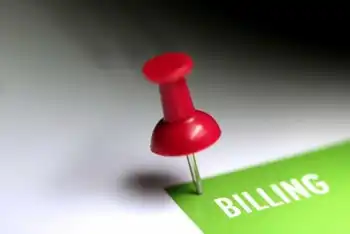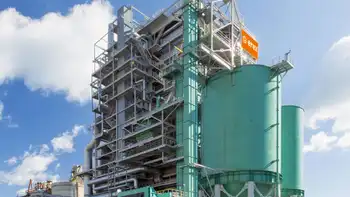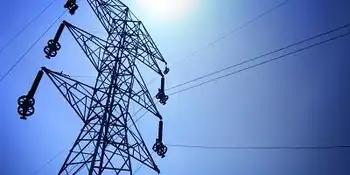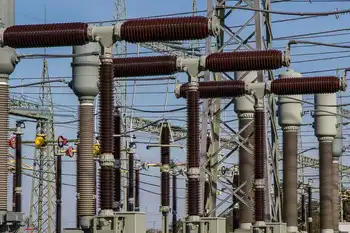Should you throw away old fluorescent lights?
We recently replaced some basement tube lights that contain small amounts of mercury, a poisonous metal, which left us wondering if it was okay to put them in our blue bin.
The guy on the collection truck answered the question by plucking the tubes out of the bin and laying them on the boulevard.
If they aren't acceptable as recycling, we figured they're probably not supposed to go in the grey garbage bin, either, but what to do with them?
Pat Barrett, who deals with media for solid waste, directed us to a page on the Toronto website (www.toronto.ca/garbage/fluorescent.htm) that explains how to safely dispose of tube lights and compact fluorescent lamps (CFLs).
It notes that "fluorescent tubes, along with CFLs, are not legally considered hazardous waste in Ontario or Michigan, where Toronto currently landfills its waste."
The city doesn't want mercury from the lights getting into landfills, so it requires people to take them to one of its six solid waste drop-off depots that accept hazardous waste. Call 311, the city's all-purpose access line, to get the location of the nearest depot or go to the web page listed above for solid waste drop-off depots.
Anyone with a minimum of 10 litres or a maximum of 50 litres of household hazardous waste can call 311 and ask for pickup by the Toxics Taxi, a truck that will make a special call to your door. Household hazardous waste includes corrosives such as acids or drain cleaners, flammables like gasoline, pesticides, poisonous cleaning fluids or aerosol containers.
Tube lights and CFLs can also be taken to an annual Community Environment Day events for disposal, but for people like The Fixer, who has just four lights to get rid of, we'll have to load them in the car and take them to a solid waste depot.
Related News

Duke Energy installing high-tech meters for customers
KOKOMO - Say goodbye to your neighborhood meter reader. Say hello to your new smart meter.
Over the next three months, Duke Energy will install nearly 43,000 new high-tech electric meters for Howard County customers that will allow the utility company to remotely access meters instead of sending out employees to a homeowner's property for walk-by readings.
That means there's no need to estimate bills when meters can't be easily accessed, such as during severe weather or winter storms.
Other counties serviced by Duke Energy slated to receive the meters include Miami, Tipton, Cass and Carroll counties.
Angeline Protogere, Duke Energy's lead communication consultant,…




